EU member states can prohibit employees from using head scarves: Court
The top European Union court has ruled that public authorities in member states can prohibit employees from wearing a head scarf.
The Court of Justice of the European Union (CJEU) ruled on Tuesday that public authorities in member states can prohibit employees from wearing signs of religious belief, such as a traditional head scarf worn around the head and shoulders which is used by Muslim women as Islamic hijab.
The CJEU gave its verdict on the issue after an employee of the eastern Belgian municipality of Ans was told she could not wear a hijab at work.
The Muslim woman concerned launched a legal challenge, saying her right to freedom of religion had been infringed by the Ans municipality.
The CJEU ruled that a policy of strict neutrality, which was intended to establish a neutral administrative environment as its objective, may be regarded as being objectively justified.
The court added that another public administration would also be justified if it decided to authorize, in a general and indiscriminate manner, the wearing of visible signs of faith or ideology.
It said authorities in EU member states had a margin of discretion in designing the neutrality of public service they intended to establish and promote as their objective.
However, it noted that this objective must be pursued in a consistent and systematic manner and all measures in this regard must be limited to what is strictly necessary.
Now, it was up to a national court to verify that these requirements were complied with.
'Don't tell women what to wear'
The issue of hijab has been a divisive matter across Europe in past years.
In France, which hosts one of largest Muslim communities in the EU, laws designed to adhere to the country’s basic principle of secularism known as “laicite”, bans Muslim women from wearing hijab.
French Sports Minister Amelie Oudea-Castera said in September that French athletes were required to abide by the country’s principles of secularism, thus banning female athletes from wearing hijab during the 2024 Paris Olympics.
The United Nations has rebuked France for the move.
"No one should impose on a woman what she needs to wear or not wear," United Nations rights office spokeswoman Marta Hurtado said, speaking to reporters in Geneva on September 26, 2023.
Hurtado referred to the International Convention on the Elimination of All Forms of Discrimination Against Women, insisting on the banning of "harmful" discriminatory practices against women, not hijab.
"Any state party to the convention -- in this case France -- has an obligation to ... modify social or cultural patterns which are based on the idea of the inferiority or superiority of either sexes," Hurtado said.
"Discriminatory practices against a group can have harmful consequences," she pointed out.
"That is why ... restrictions on expressions of religions or beliefs, such as attire choices, are only acceptable under really specific circumstances," she explained.
The UN official further explained that "specific circumstances" meant conditions "that address legitimate concerns of public safety, public order, or public health or morals in a necessary and proportionate fashion".
The Muslim hijab, as the UN human rights official pointed out, is a harmless practice in normal circumstances, and banning wearing a head scarf for religious reasons infringes on one's right to freedom of faith.
Hamas and Islamic Jihad delegations meet in Doha
UN rapporteur: Israel engaged in 'ethnic cleansing' in West Bank
French MPs adopt resolution, calling for seizure of Russian assets
Israel jets bomb Damascus outskirts as tanks advance in Quneitra
UN Security Council meeting on Iran ‘blatant political maneuver’: Envoy
US imposes new sanctions day after Trump's letter delivered to Iran
US activists denounce Trump for using 'Palestinian' as slur
Unilateral sanctions hinder Iranian women’s empowerment, prosperity: Experts


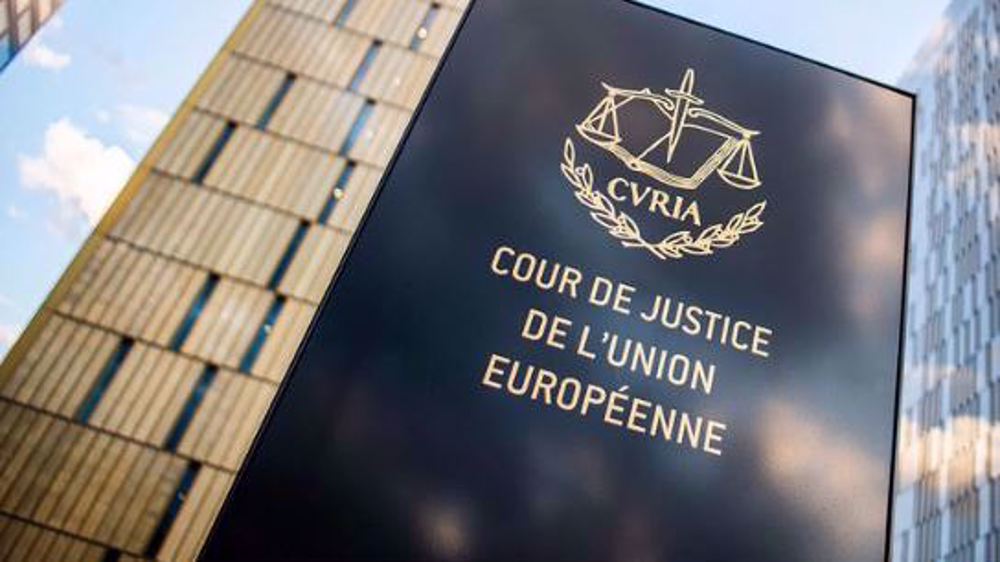
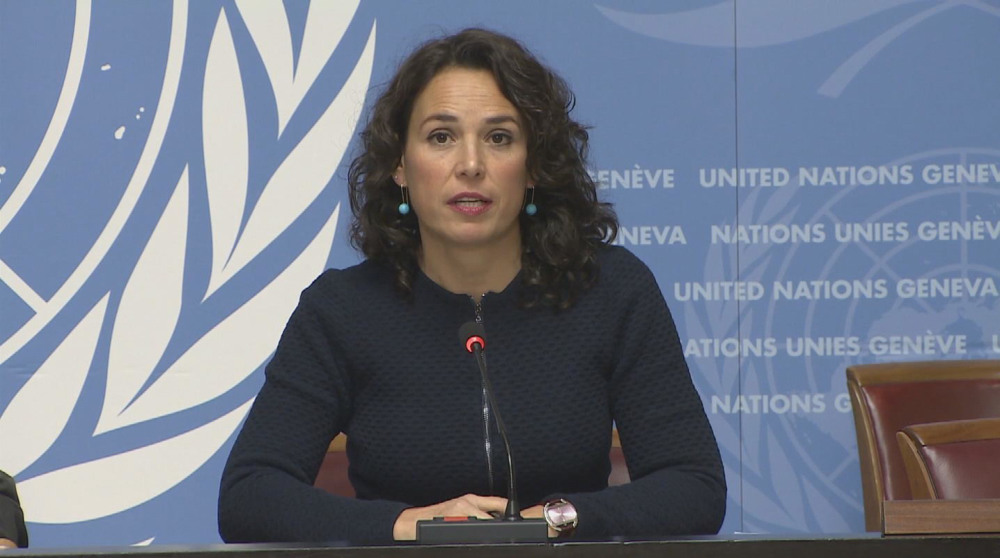
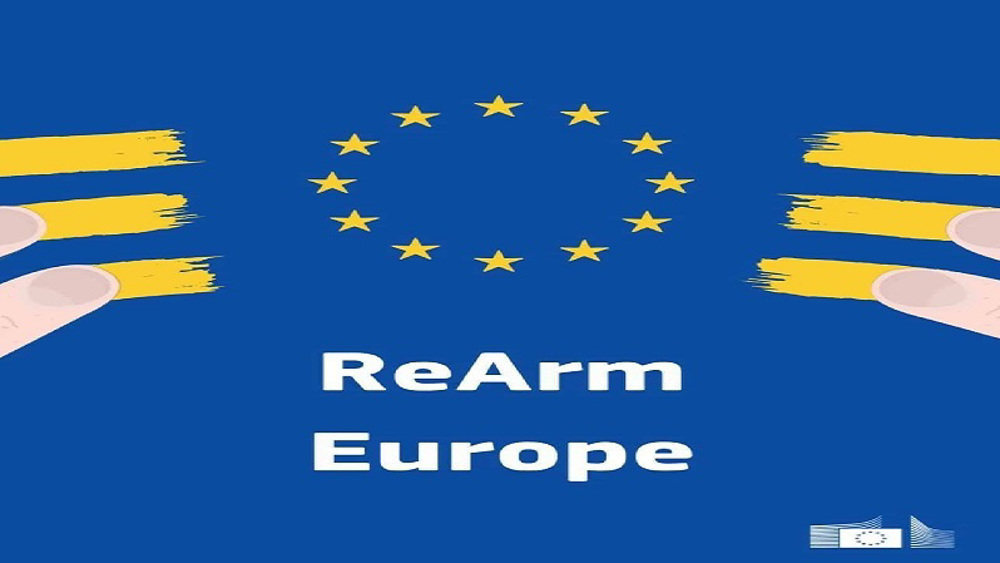
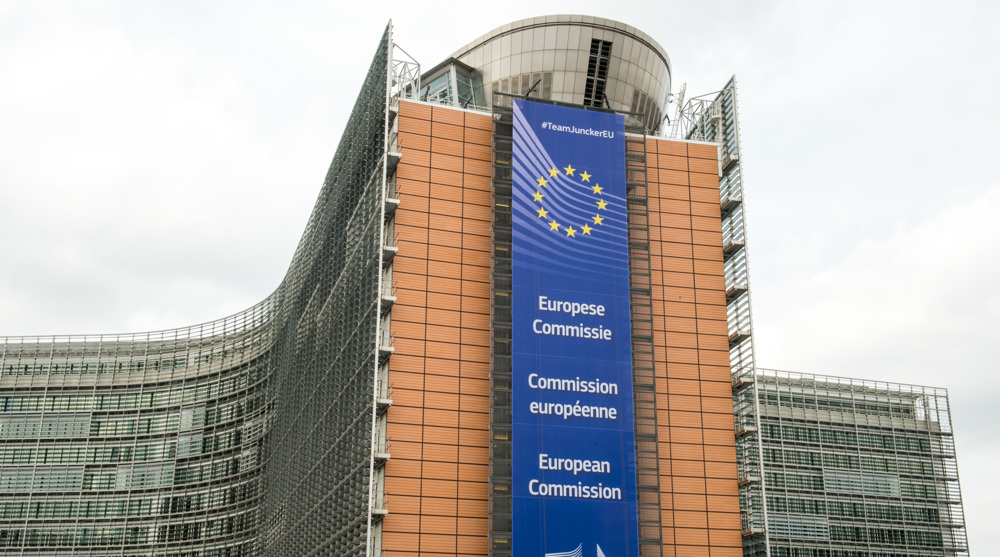





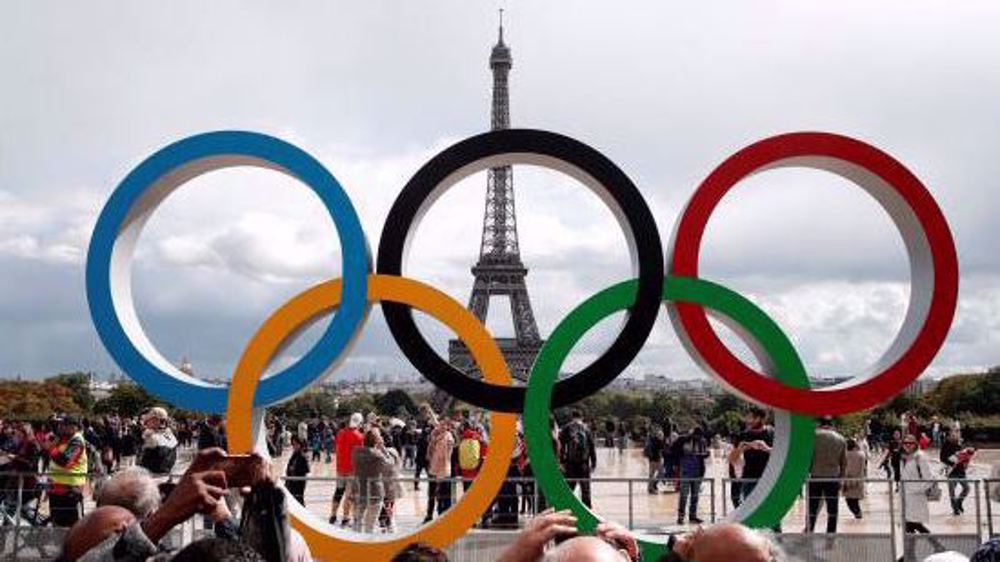
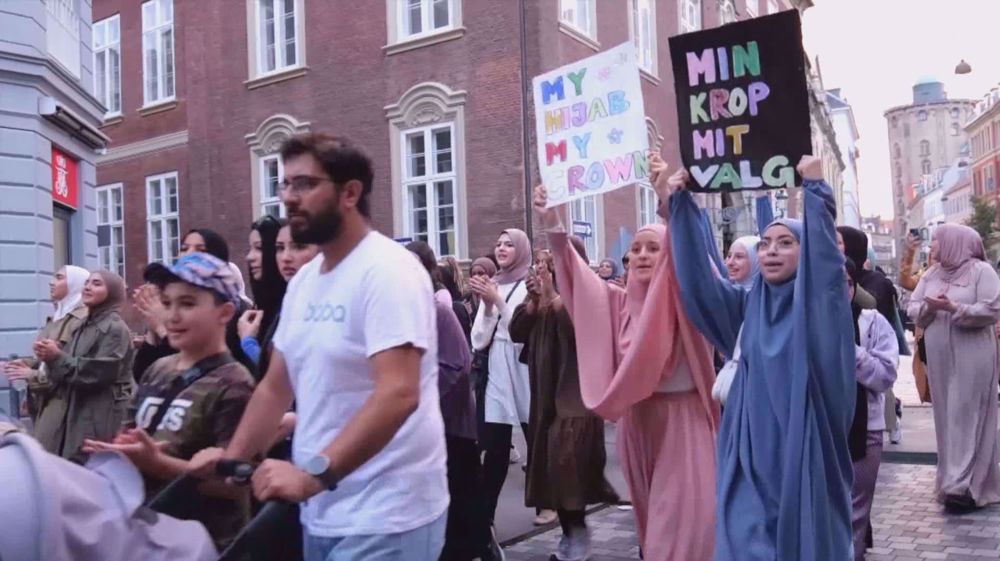
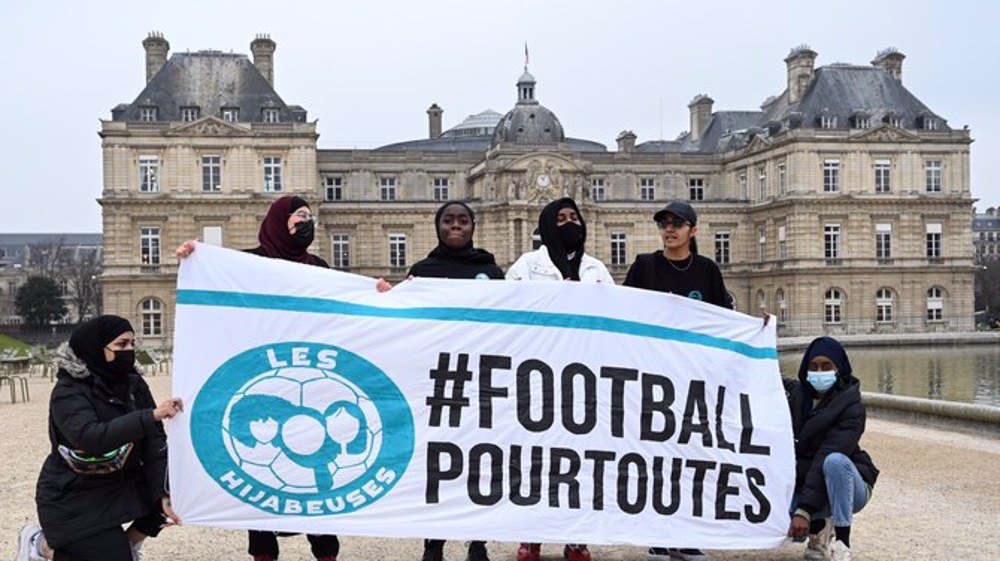

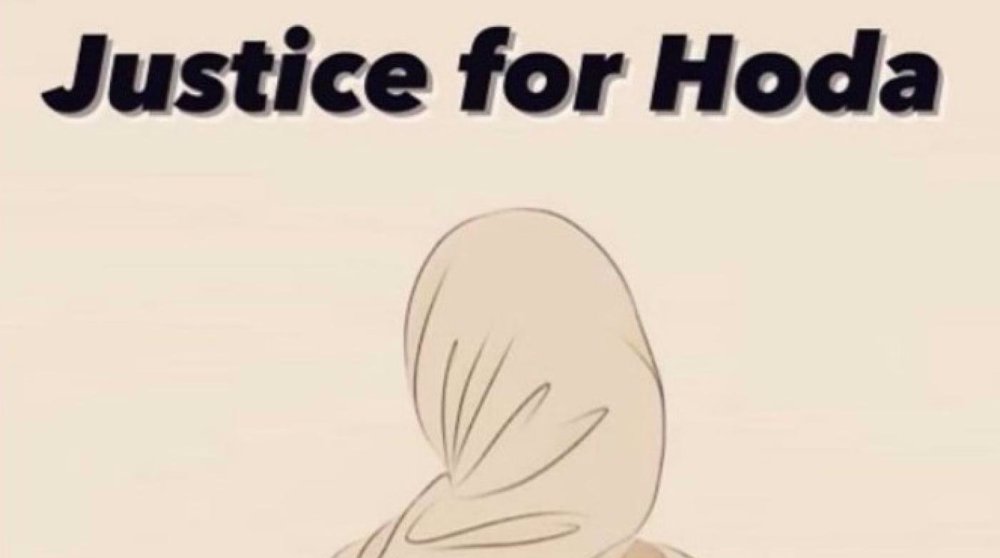

 This makes it easy to access the Press TV website
This makes it easy to access the Press TV website